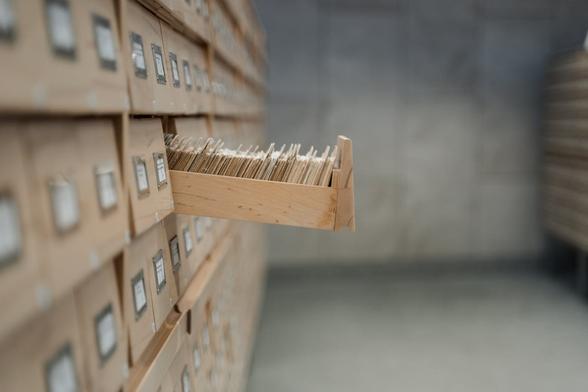I just published a blog post arguing that the reform movements for research assessment and scientific publishing need to better align their agendas. This is crucial for the success of both movements.

Assessment reform and publishing reform need to go hand in hand
The need to reform research assessment and scientific publishing practices is widely recognized. However, Ludo Waltman argues that the assessment and publishing reform movements will be successful only if they manage to align their agendas.
